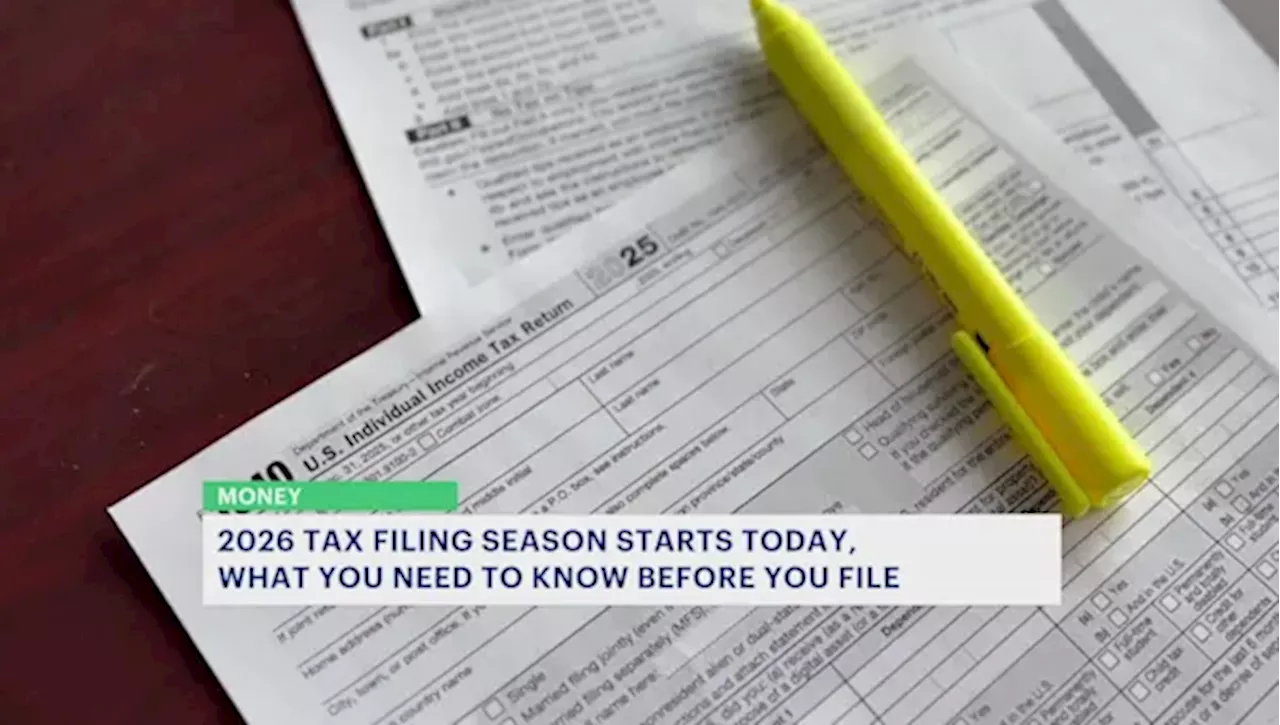The number of calls to the National 211 hotline seeking food assistance has surged dramatically, quadrupling in just a few days. This spike in demand resembles patterns typically observed during major disasters, raising concerns about food security across various communities.
Between January and mid-October 2025, local 211 helplines received nearly 1,000 calls daily from individuals searching for food pantries. This steady volume indicates a persistent need for food support that has now escalated significantly.
The sudden increase in calls highlights the ongoing challenges many face in accessing essential resources. According to officials from the National 211 hotline, the rise is concerning as it underscores the growing level of food insecurity affecting households nationwide.
Understanding the Surge in Demand
The dramatic jump in calls reflects a broader trend affecting communities worldwide. Factors contributing to this situation include rising living costs, inflation, and the lingering economic impacts of the global pandemic. Many families are finding it increasingly difficult to afford basic necessities, leading to a greater reliance on food assistance programs.
The National 211 hotline acts as a crucial link between individuals in need and local resources. With the recent surge, operators are working diligently to connect callers with food pantries and other community support services. They emphasize the importance of providing timely assistance, especially as many individuals may be facing urgent situations.
Community Support Efforts Intensify
In response to the increased demand, local organizations are mobilizing to bolster support for food assistance programs. Many food pantries are expanding their services and hours to accommodate the influx of individuals seeking help. Community leaders are urging residents to donate food and funds to sustain these vital services.
Local 211 helplines are also enhancing their outreach efforts, ensuring that those in need are aware of available resources. This includes targeted messaging through social media and collaborations with community groups to reach underserved populations.
The current landscape reinforces the critical role that organizations like the National 211 hotline play in providing essential support during challenging times. As the number of calls continues to rise, it is clear that a collective effort is needed to address food insecurity and support those most affected. The community’s response will be pivotal in navigating this pressing issue.






